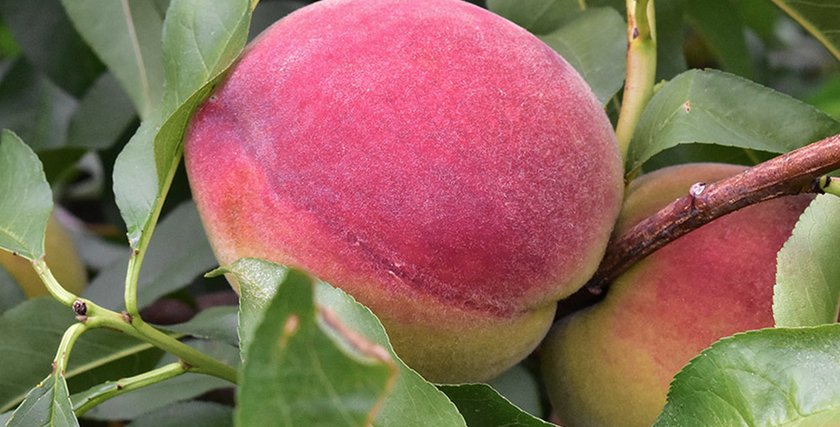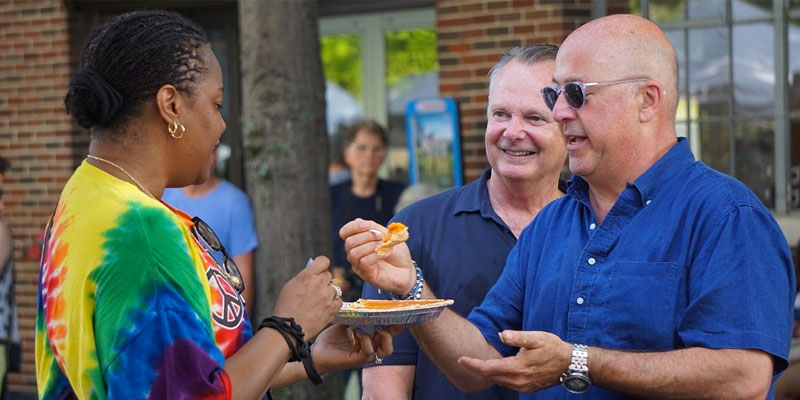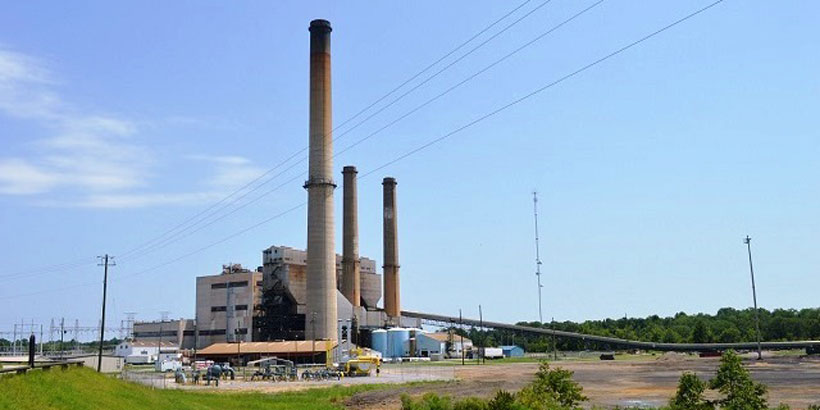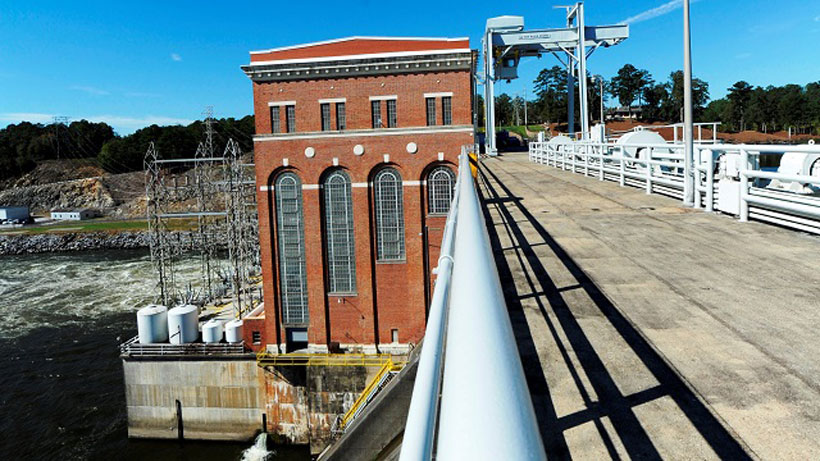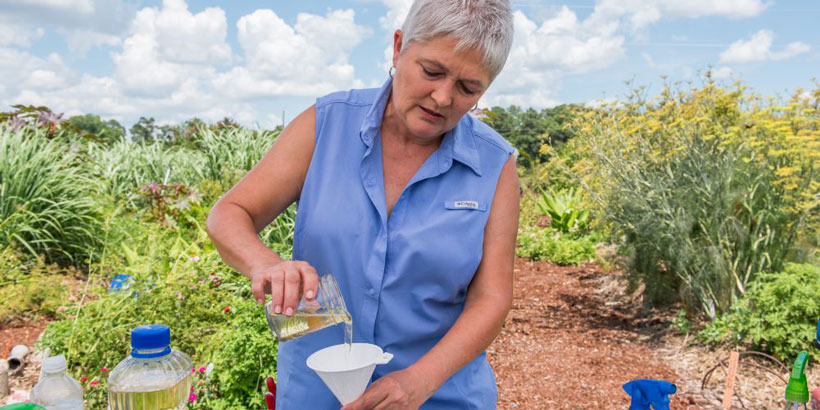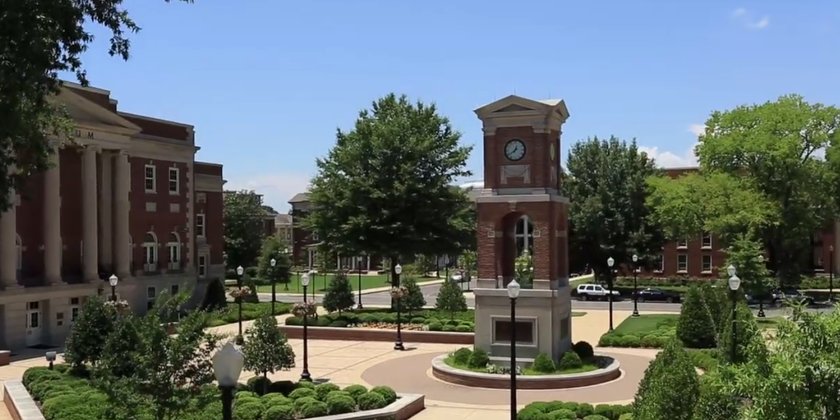(Video Above: The Alabama NewsCenter showcases Alabama’s Peach Paradise in Chilton County)
If you play word association with anyone from Alabama and say “Chilton County” the response will likely be “peaches.”
The fruit has become synonymous with the central Alabama county, and the state’s most recognizable water tower.
Around 3,000 acres of peach orchards are in the county, and farmers since the 1950s have helped establish Chilton County peaches as some of the best in the Southeast.
“This started back before I was even born,” said Tim Minor, manager of Jimmy Durbin Farms. “Farmers back in the ‘50s when they started growing peaches in Chilton County marketed off the tailgate of their pickup trucks. For whatever reason – the soil types, the elevations – Chilton County just became the place where the majority of the fruit trees ended up and the farmers.”
In the decades since, the peach crops each year have ranged from, well, peachy to the pits. Weather is often the deciding factor and late freezes, wet springs, dry springs and even too cloudy springs can have an impact.
Jim Pitts, director of the Chilton Research and Extension Center, said while rain and overcast days hurt fruit pollination this year, production is still better than a year ago, and the hope is the summer will see good peach crops.
“All in all so far, the year is going well,” Pitts said. “Some timely showers will help. We’re halfway through the season, and the best peaches are coming from now until mid-August.”
More and better peaches are what farmers markets and retailers are hoping to get from Chilton County.
Kim Benson’s father started the Peach Park in 1984 after growing tired of traveling to places like New Orleans’ French Market to sell Chilton County peaches. Believing the peaches were good enough to make people come to him, Charles Grey opened his own market off Exit 205 off Interstate 65.
“Around 80 percent of our customer base is from out of state,” Benson said, noting that the Peach Park is now a true tourist destination. in the state.
It’s hard to overstate what the peach industry means to Chilton County, she said.
“It does bring a lot of revenue of course, but it also offers a lot of jobs and a lot of community within our county,” she said.
The Peach Park is known as a place to buy Chilton County peaches but has grown to sell other produce and peach products. Their peach ice cream, cobbler and fried pies are nearly as popular as the raw fruit.
“They started making ice cream when they started having some peaches that were way too ripe to sell,” Benson explained.
Chilton County and the city of Clanton recently hosted marked its annual Peach Festival marking the midway point of the season.
“Peach festival is a week-long event here in the county,” Benson said.
The festival included the Peach Pageant, Peach Parade, Peach Run, a peach auction and a Peach Praise Concert with Christian bands.
“You couldn’t have a better branded name than ‘Chilton County peaches,’” said John McMillan, commissioner of the Alabama Department of Agriculture and Industries.
A good crop in Alabama this year could help feed the need for peaches where crops are not expected to do as well, McMillan said.
“We’ve got a great opportunity in Alabama to promote our fruit and vegetable products because of the drought in California,” he said. “I think our Alabama farmers could help make up any shortfalls we experience from other states.”
McMillan said the state wants to help small farmers find more opportunities for selling their products.
“You’ve got to have irrigation, refrigeration and aggregation to grow,” he said.
Minor knows that all too well.
He has the only large-scale peach packaging operation in the state and uses all three of McMillan’s principles.
Sold nationally under the Sunshine brand, peaches are washed, stored, separated, packed and shipped from Jimmy Durbin Farms.
“We market peaches all over the United States,” Minor said. “The majority are marketed within 150 miles of our packing house here, but we do ship peaches as far as New York. They go all over the country. Most, 99 percent, stay east of the Mississippi River, up and down the east coast.”
In the early part of the season, Minor said the operation will produce a couple of tractor trailer loads per day. In the height of the season, four or five truckloads will leave the plant.
“We’re one of the larger farms in the Southeast that grows the peach,” he said. “We’ve been doing peaches here since back in the ‘50s. We grow about 600 acres of fruit now.”
For those who stop at the Peach Park or buy fruit from the grocery store, Chilton County peaches are a welcome treat. For people like minor, peaches mean so much more.
“We take this very serious,” he said. “This is our livelihood.”
As more peach farmers are getting older, some like Pitts question where the next generation of peach farmers will come from.
Minor believes they will likely come from current peach farmers.
“You’re either born into it or you marry into it,” he said. “Very few times have I ever heard, if any, that a guy woke up one morning and said, ‘I want to be a peach farmer.’”




